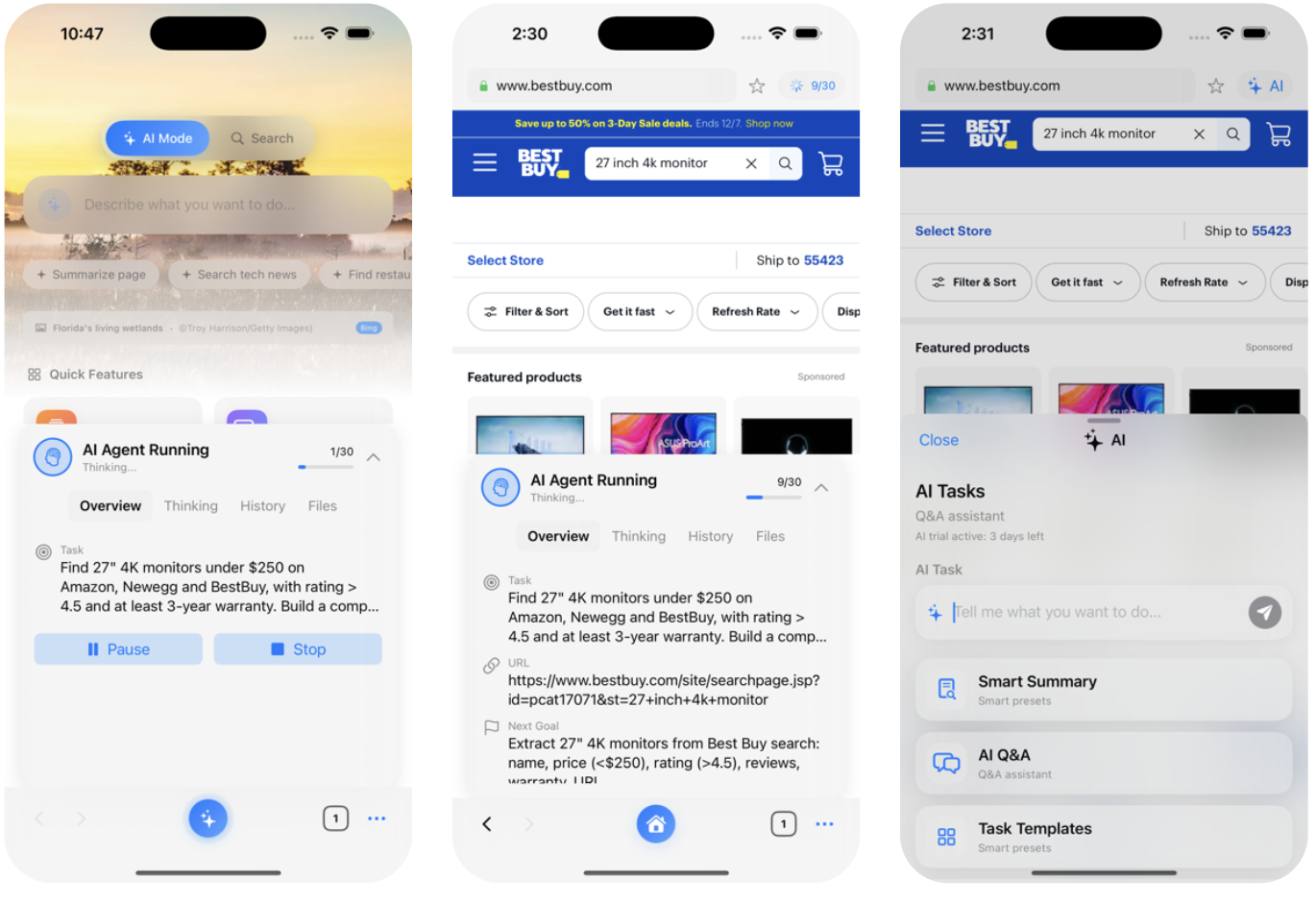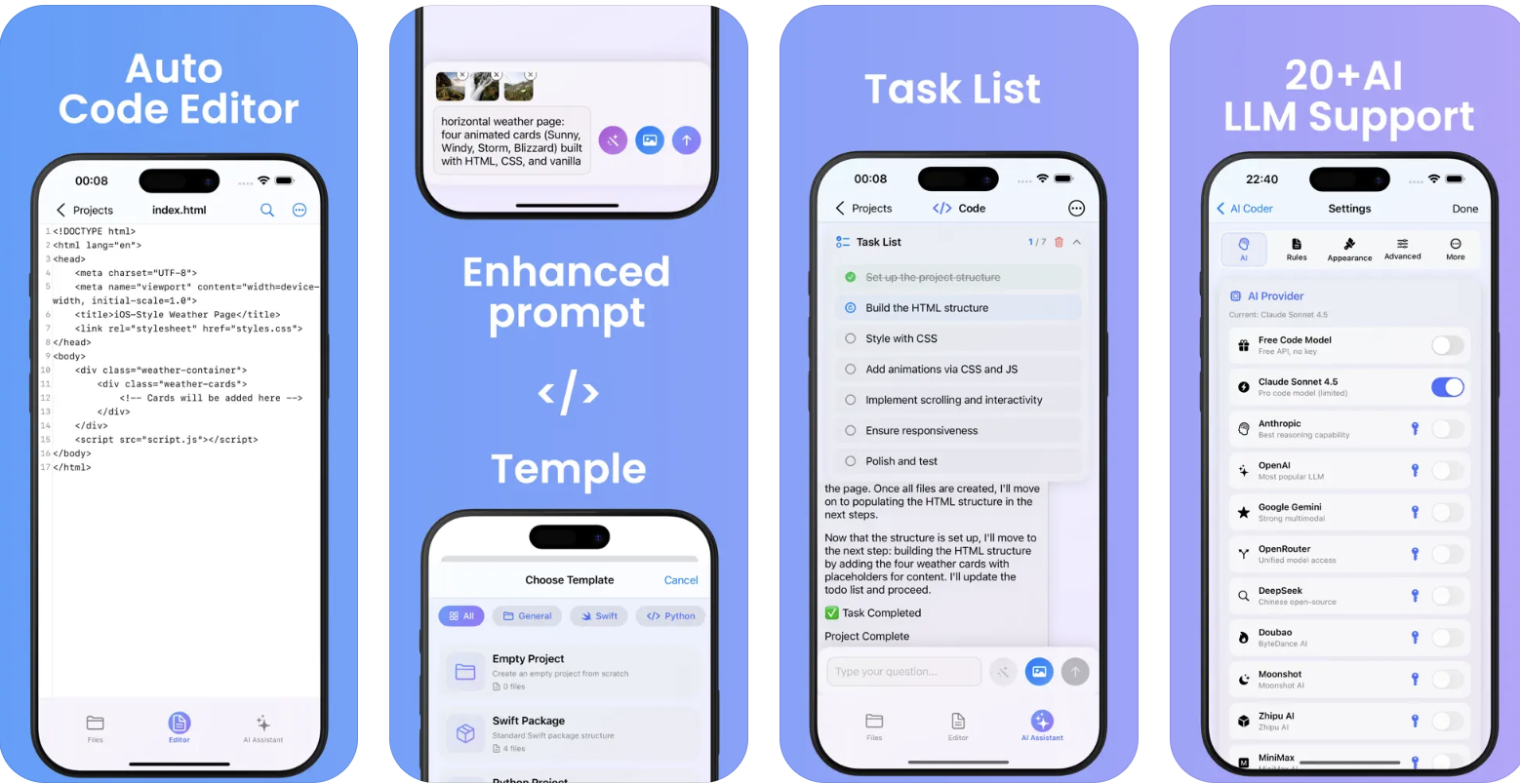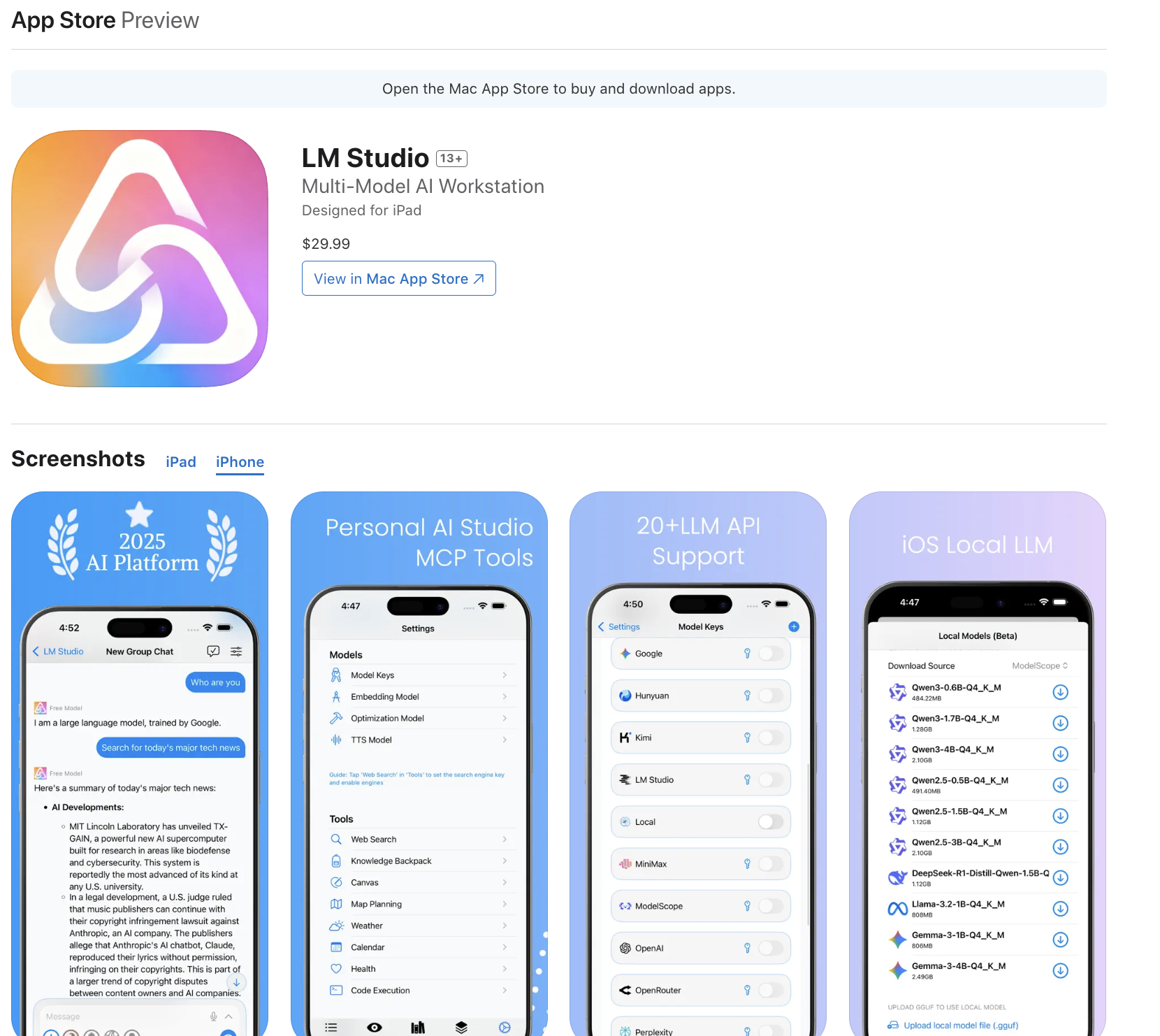-
HP (HPQ) Q4 2025 Earnings Release
HP Inc. announced a restructuring plan involving a 4,000-6,000 workforce reduction. While Q3 revenue and EPS beat estimates, FY26 earnings guidance fell short, sending shares down. The company cites trade regulations as a factor. Personal systems revenue rose 8%, offsetting a 4% printing business decline. HP plans $1B cost savings by FY28, incurring $650M in restructuring charges. CEO Lores emphasizes AI integration for future growth amid rising memory costs. HP sees Windows 10 end-of-life driving PC sales, but faces challenges in the printing sector.
-
Pinnacle and Synovus Gain Regulatory Nod for Merger
Pinnacle Financial Partners and Synovus Financial Corp. received Federal Reserve approval for their merger, expected to close on January 1, 2026. Shareholders approved the deal on Nov. 6, 2025. The combined company, with approximately $116 billion in assets, will be a regional powerhouse in the Southeast. Post-merger, headquarters will be in Atlanta, GA, with Pinnacle Bank based in Nashville, TN. Full system and brand conversion is planned for completion by the first half of 2027.
-
GM software chief Baris Cetinok Departs During Automaker Restructuring
General Motors is undergoing a significant restructuring of its software and product development divisions, marked by the departure of several key executives including SVP Baris Cetinok. This follows similar exits by Dave Richardson and Barak Turovsky. The changes are part of a consolidation effort led by Chief Product Officer Sterling Anderson, aimed at unifying software and hardware engineering to accelerate innovation. The departures raise questions about GM’s ability to retain tech talent and successfully execute its software-driven strategy.
-
Helen of Troy Amends Existing Credit Agreement
On November 25, 2025, Helen of Troy Limited (NASDAQ: HELE) announced an amendment to its credit facility, initially established on February 15, 2024. The amendment enhances financial flexibility through a temporary relaxation of the maximum Leverage Ratio and a shift to EBITDA for the Interest Coverage Ratio. The revolving credit facility was reduced from $1.0 billion to $750 million. CFO Brian L. Grass highlighted the favorable terms and strengthened lender relationship. The amendment aims to provide resources amid market challenges.
-
Workday (WDAY) Q3 2026 Earnings Preview
Workday (WDAY) shares fell over 5% in after-hours trading after its quarterly margin guidance disappointed Wall Street. While Q3 earnings and revenue beat expectations ($2.32 adjusted EPS vs. $2.18 expected and $2.43B revenue vs. $2.42B expected), Q4 adjusted operating margin guidance of at least 28.5% trailed the anticipated 28.7%. Workday announced new AI agents and the acquisition of Sana for $1.1B. Elliott Management also disclosed a stake. Year-to-date, Workday shares are down 9%, reflecting market concerns about generative AI’s impact.
-
Hop-on Digital Declares: “Truth Is Infrastructure” in Deepfake, Disinformation Fight
Hop-on (HPNN) announced the filing of three U.S. provisional patents for its “Authenticated Reality” platform, Digitalage, on November 25, 2025. These patents (63/917,946, 63/908,082, and 63/756,622) address concerns about deepfakes, disinformation, and creator monetization in Web3. One patent enables device-level cryptographic signing, while another uses OOVE™ to create Digital Deeds for creator empowerment. Hop-on also leverages existing patents and a Nokia license. The company aims to provide infrastructure-level solutions for digital trust and content authenticity.
-
5 Things to Know Before the Stock Market Opens Tuesday.
Key takeaways include: Retail earnings are scrutinized ahead of Black Friday, Broadcom challenges Nvidia in AI chips, James Comey’s case was dismissed, Amazon invests heavily in AI infrastructure for the government via AWS and competes with SpaceX’s Starlink with “Leo,” NHL team values rise with the Toronto Maple Leafs leading, a Microsoft data center project in Wisconsin was abandoned due to community opposition.
-
Jim Cramer: Nvidia Dip is a Buying Opportunity
Nvidia’s stock dip, triggered by Meta’s potential use of Google TPUs and AI valuation concerns, creates a buying opportunity. Despite Meta’s evaluation, Nvidia’s GPUs remain the gold standard for many AI applications. The company’s Blackwell platform and Vera Rubin chips ensure continued innovation. Strong AI demand, driven by generative AI and broader adoption, supports Nvidia’s growth. While cost sensitivity exists, Nvidia’s performance justifies its premium, offering long-term value. The pullback appears temporary, given Nvidia’s leadership and ecosystem.
-
SKK Announces Annual General Meeting on December 17, 2025
SKK (NASDAQ: SKK) will hold its 2025 Annual General Meeting on December 17, 2025, at 10:00 a.m. Singapore Time, at 27 First Lok Yang Road, Singapore. Shareholders of record by November 21, 2025, are eligible to vote. The Notice of AGM, Proxy Statement, Form 20-F (audited financial statements), director’s report, and summary financial report are available on SKK’s investor website (https://skkworks.com.sg) and the SEC website (www.sec.gov). SKK specializes in subsurface utility operations in Singapore, focusing on infrastructure projects.
-
TSMC Sues Ex-Exec for Allegedly Stealing Trade Secrets for Intel, Stock Dips
TSMC is suing a former senior VP, Wei-Jen Lo, alleging he leaked confidential information to Intel after joining them in July. TSMC claims Lo violated his contract and potentially the Trade Secrets Act. Concerns arise over the potential compromise of strategic proprietary data. Taiwan’s High Prosecutors Office is also investigating. TSMC’s stock fell by over 3%, while Intel’s dipped 1.5%. Intel’s CEO denies any misconduct, but the lawsuit highlights the competitive intensity and IP risks within the semiconductor industry.






